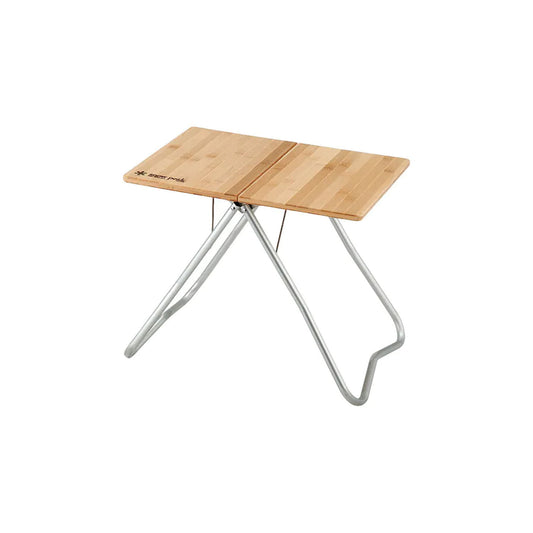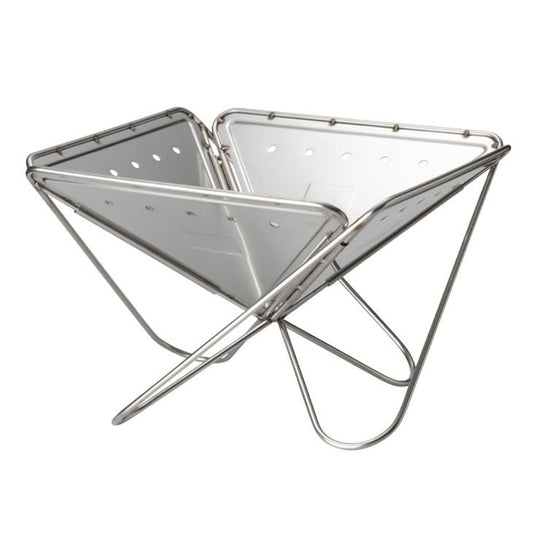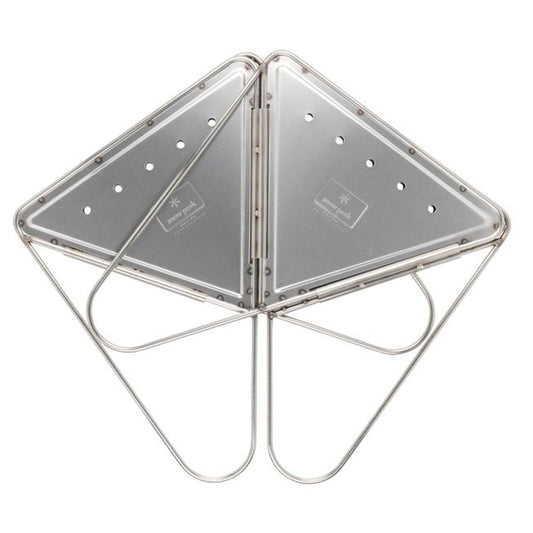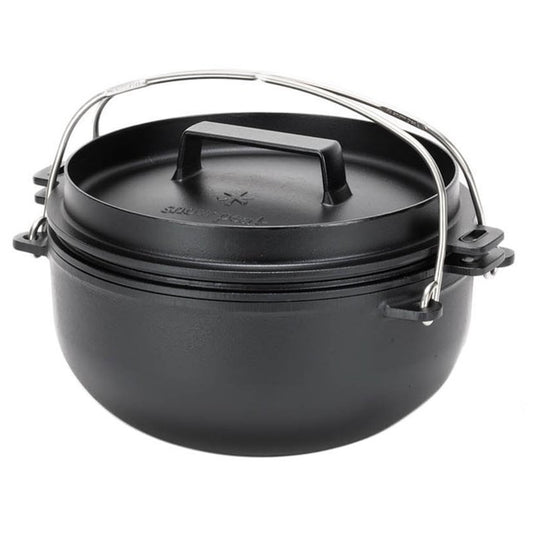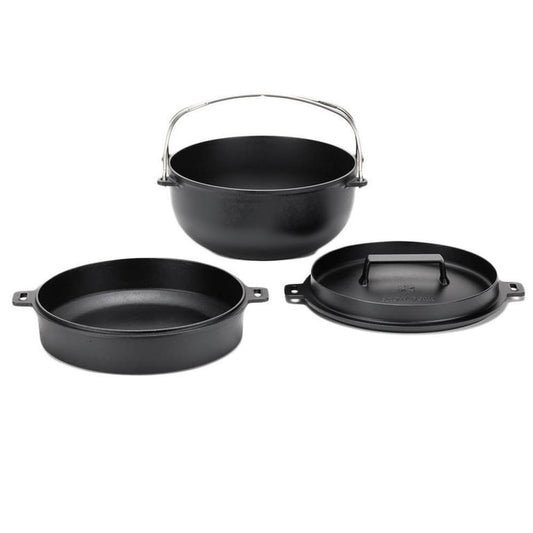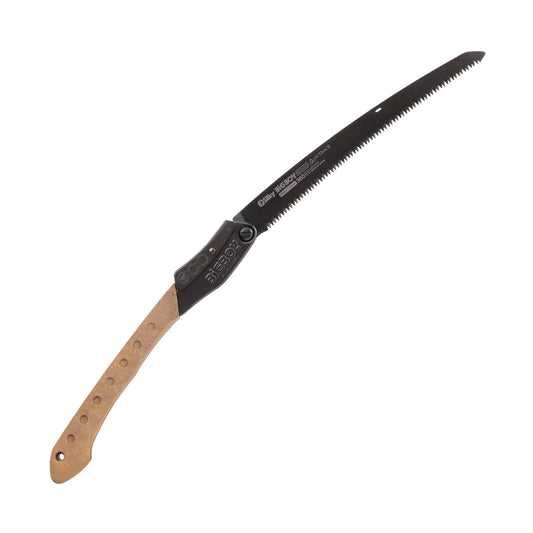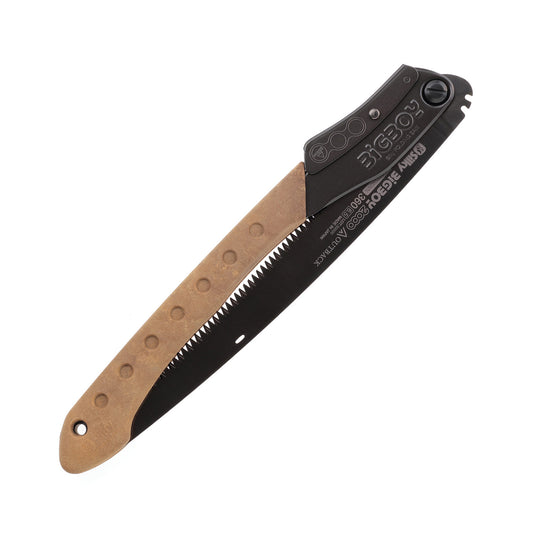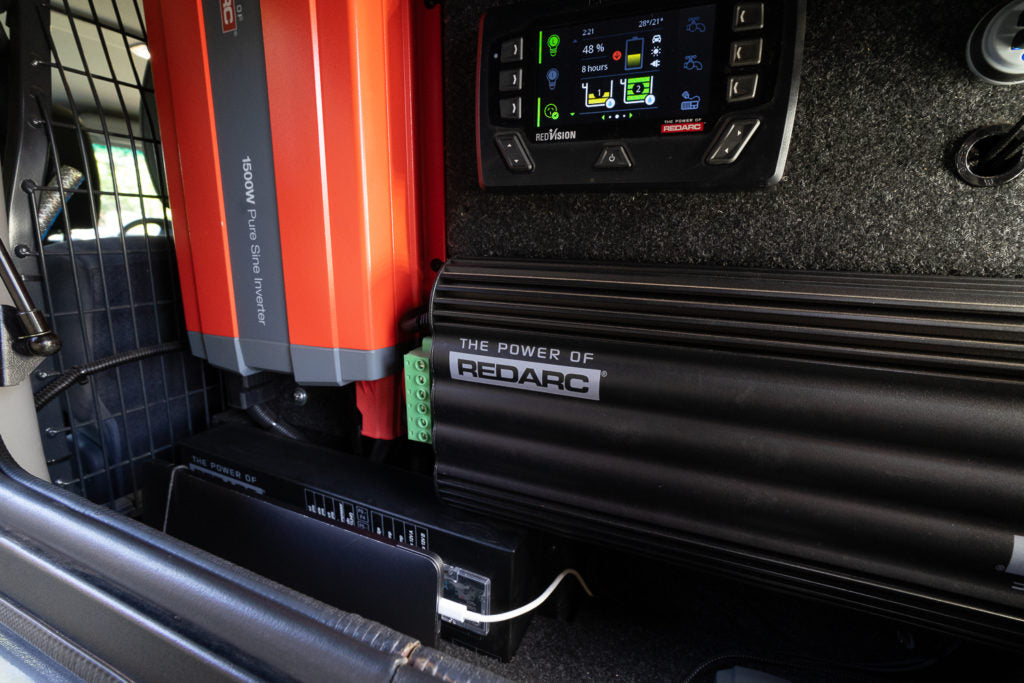
For those new to 12V systems, an inverter converts the 12V power used in vehicles to the home equivalent, 240V in Australia and 110V in the United States.
While fridges and lighting can smoothly run off 12V, and it’s most efficient to do so, there is lots of equipment that’s either impossible to run or slow to charge this way.
How Do Travellers Typically Use Them?
Historically most travellers have used 12v inverters for simple tasks like charging their camera batteries and laptops.
These days it’s possible to get inverters ranging from 350W through to a massive 3000W. Those with a 3000W inverter, and an extensive battery system to power it, can run almost any electrical device with which you may wish to travel. Coffee machines, induction cooktops and microwaves all become an option.
Why We Use A 1500W Inverter
For my LandCruiser, I chose a 1500W inverter. It’s a little lighter and more compact than a 3000W unit, while it still packs more than enough punch for my needs.
We don’t use any single high drain device like an induction stove, but we do travel with a volume of mostly photography gear that needs charging.
With our previous, smaller 12v inverter, we had to rotate gear on the inverter. With our newer much larger inverter we can charge everything at once without overloading the system. It’s great to start every day with everything fully charged.
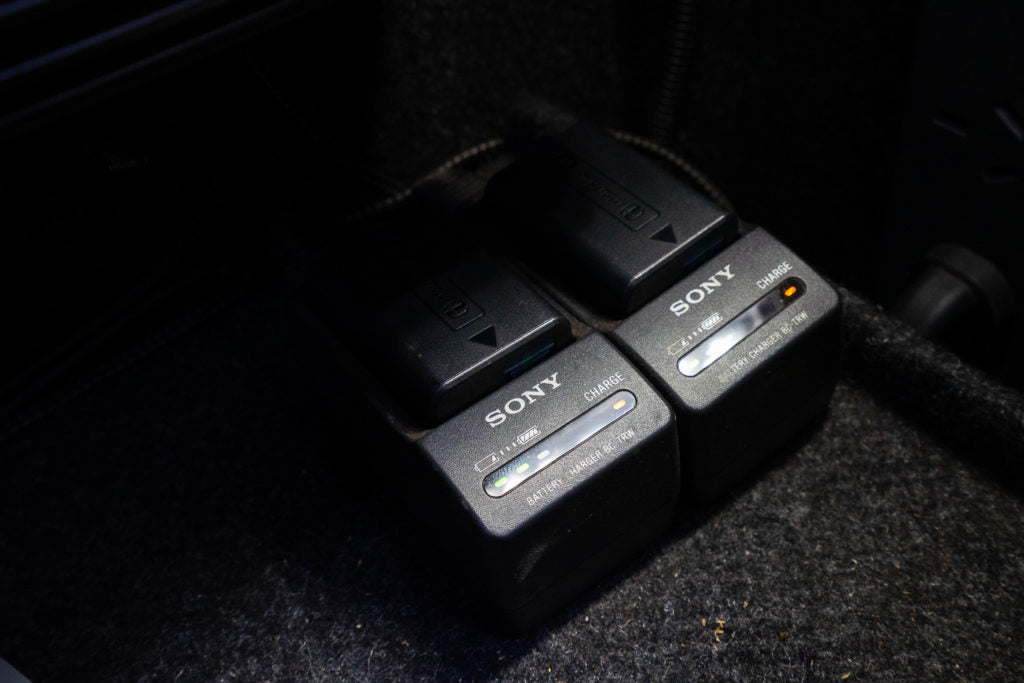
I regularly have my still camera batteries, drone batteries and laptop all on charge at the same time.
I’ve got fixed positions for the batteries so they don’t bounce around on the tracks. For the laptop, I have a dedicated storage slot, again to hold in place while it’s charging.


In the evenings I’ll often have extra gear that needs topping up; the satellite phone, handheld radio, lithium jump starter, shaver. With the 1500W inverter, everything that needs charging can get charged at once. It’s a luxury, but it’s one that results in more time by the campfire!



With the inverter running, this can mean a lot of power heading out of our system. In our LandCruiser, this only works because we have a large 180 Ah lithium battery running the system.
Our inverter is switched through our REDARC RedVision system. One of the benefits of this is that I can switch it off using the App, either in the cabin, my rooftop tent or swag.
Which Size Inverter Is Right For Me?
It’s possible to buy appliances like induction cooktops and coffee machines with wildly varying power requirements. Efficient options are always the best.
Once you not what you want to run on 240V, you can generously calculate which items you might need to run together to work out the wattage you will need.
The main point to remember for those looking at big inverters is that you’ll need battery storage and power generation like solar panels to match, to ensure you don’t run short of power.
For many travellers, charging camera batteries and a laptop is still the only requirement. In this case, a more compact and affordable unit like REDARC’s 350W inverter is a great choice.
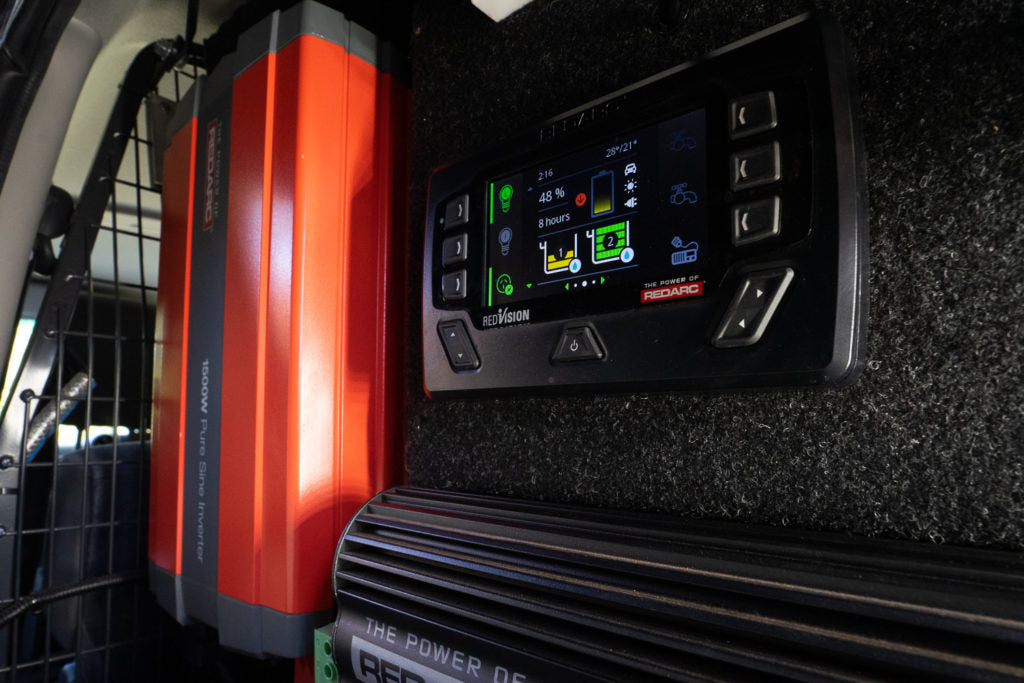
Technical Details
REDARC’s 350W, 700W, 1000W, 1500W, 2000W and 3000W inverters produce pure sine wave power. The quality of this power is often better than home power; the most significant benefit being that it won’t cause damage to your valuable electrical equipment.
These inverters are also protected against overloading, short circuits and overheating. Their design and testing also differ from general use options, in that REDARC builds their equipment to suit those frequenting rugged terrain. These inverters continue to charge across corrugations and they keep charging over many trips.




